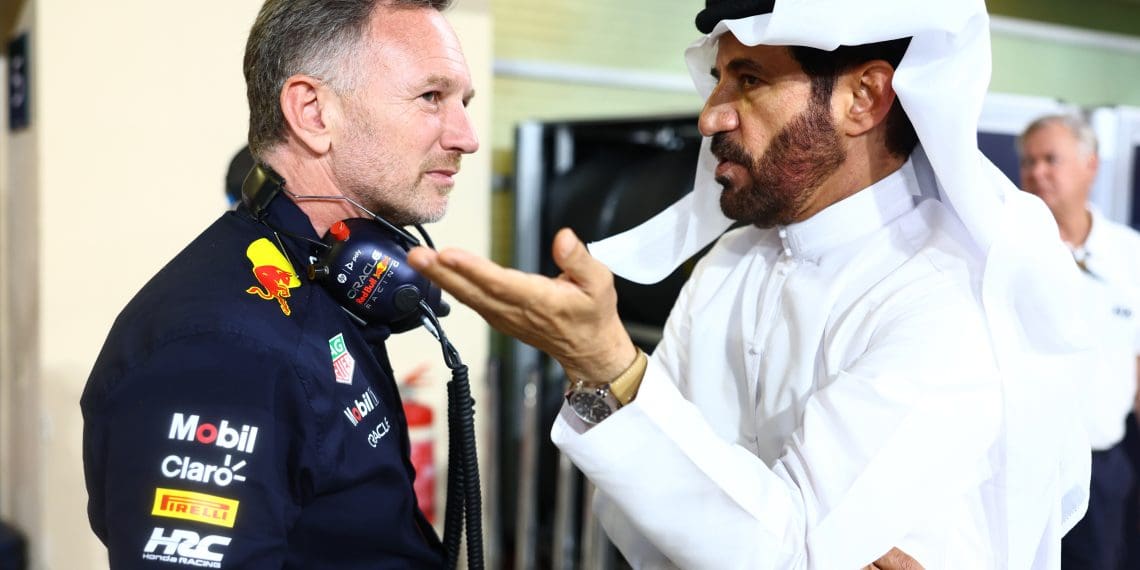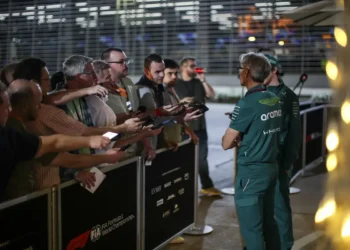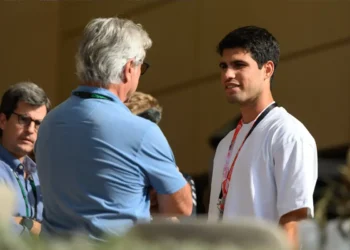Formula 1 is bracing for major regulatory changes in 2025, with FIA President Mohammed Ben Sulayem confirming the introduction of multiple race directors—a seismic shift in how Grand Prix weekends will be officiated.
After a controversy-plagued 2024 season, where questionable stewarding decisions and accusations of bias marred multiple races, the governing body is taking radical steps to restore credibility. Among those changes, the FIA will appoint multiple race directors per race, replacing the single-race director model that has dominated F1 for decades.
But will this new approach bring consistency—or will it add even more confusion and inconsistency to race rulings?
Why Is F1 Introducing Multiple Race Directors?
The decision to revamp the race direction structure comes after the FIA’s latest shake-up, which saw a controversial race director fired for repeated mismanagement in 2024. The backlash from teams, drivers, and fans pushed the FIA into rethinking its entire officiating strategy.
Ben Sulayem confirmed that the final decision on how many race directors will be appointed is expected in the coming days.
“Who and how many is a question we will know soon, in the next few days. But for sure there will be new blood and there will be more than one [race director]. That’s for sure.”
The rationale behind multiple race directors is simple: reducing individual bias, increasing oversight, and ensuring consistent decision-making across the season.
However, some within the paddock fear this move could lead to even more inconsistencies. With different race directors enforcing penalties on different weekends, teams might find themselves questioning the consistency of rulings even more than before.
The FIA’s Multi-Year Plan to Reshape Officiating
Ben Sulayem emphasized that this isn’t a knee-jerk reaction—the FIA has been working behind the scenes for over two years to develop this system.
“There have been people learning, there have been people working behind all the time. You can’t just throw somebody into this big challenge.”
The real test will come once the 2025 season begins, as teams and drivers assess whether the new system brings clarity or chaos.
“It has taken us more than two and a half years to get to what we are achieving now. Do we have the results? We will know the results when the season starts.”
While the goal is to create a fairer and more balanced officiating process, the FIA’s track record of implementing change without unintended consequences isn’t exactly spotless.
Ben Sulayem Addresses Diversity in FIA Leadership
Beyond structural changes in race direction, Ben Sulayem also touched on the broader issue of diversity within the FIA, a topic that has sparked debate in recent years.
However, he firmly rejected the idea of hiring based on quotas.
“We don’t have women because we have to take 30 percent, we take women on the basis of merit and credibility because they are good.”
The FIA President also addressed the inclusion of non-European officials, stating that their appointments are based on skill and passion rather than symbolic representation.
“We hire non-European people from other countries because they are good, they are trained, they have the passion to compete—not because I have to have this color, this religion.”
His comments will likely divide opinions, as some see them as a strong stance on meritocracy, while others argue that more proactive inclusion efforts are needed in motorsport governance.
What This Means for 2025: A Season of Uncertainty
As Formula 1 gears up for one of its most anticipated seasons in years, the FIA’s new race director system will be under intense scrutiny from the moment the first lights go out in Bahrain.
Here’s what to watch for:
🔹 Can multiple race directors maintain consistency in officiating, or will teams push back against varying interpretations of the rules?
🔹 How will drivers react to new stewarding decisions, especially with stricter penalties for criticizing the FIA?
🔹 Will these changes actually reduce controversy, or will the FIA find itself at the center of even more drama?
One thing is certain—Formula 1’s governance is undergoing its biggest transformation in years, and 2025 will be the ultimate test.
Buckle up—this could get wild.










